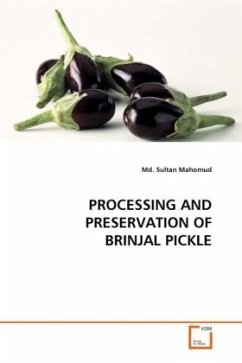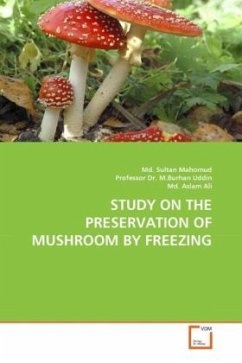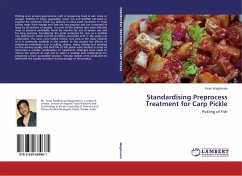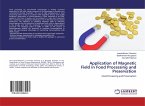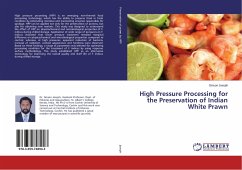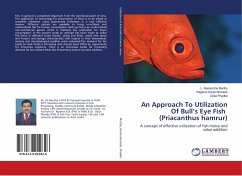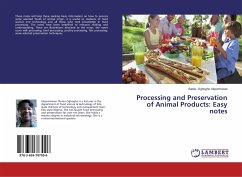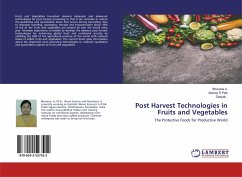The study was concerned with the pickling of brinjal and shelf-life analysis of brinjal pickles. The fresh brinjals and pickles were analyzed for proximate composition, microbiological status, sensory attributes and overall storage stability. Fresh brinjals were processed in sugar, oil and various types of spices. The proximate composition of fresh brinjal was moisture content 91.5%, protein content 1.3%, fat content 0.3%, ash content 1.3%, and vitamin-C 12 mg/100gm. The panelists tasted the productsand assigned marks for color, flavor, texture and overall acceptability. The interval was 15 days up to first 2 months and that was 1 month for the consecutive 4 months. All the pickles became soft for increasing time. Brinjal pickles important feature in our country.
Bitte wählen Sie Ihr Anliegen aus.
Rechnungen
Retourenschein anfordern
Bestellstatus
Storno

